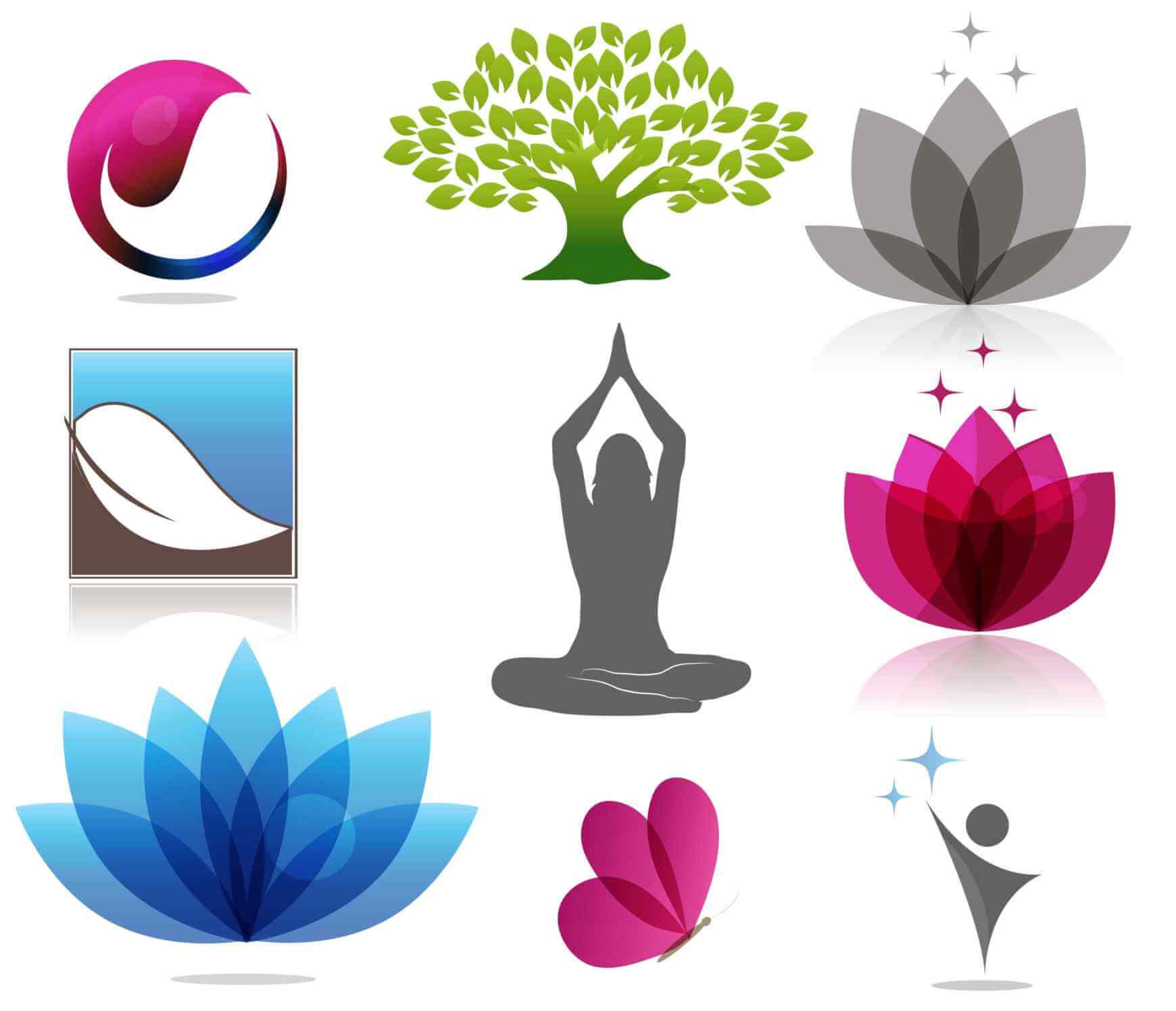What’s the one thing all of us mothers want, but never seem to get enough…

Paradigm Shift – A New Way of Looking at Healthcare
At Anjuna Medicine, we believe in the paradigm shift our world is currently experiencing surrounding its healthcare options. Our goal at Anjuna is to make healthcare easy, and that includes making sure our patients are equipped with knowledge, choices of treatments, and a sense of empowerment for their well-being. In other words, we support healthcare that values help vs. treatment. To better understand this idea of a paradigm shift from mere treatment to a true, helping healthcare, we must first understand the basic idea of our current healthcare paradigm.
Paradigm- A framework containing the basic assumptions, way of thinking, and methodology that are commonly accepted by members of a discipline or group.
Paradigms are, by their nature, persistent and hard to change. But, change they must if we are to live a lifestyle aimed at preventing problems by optimizing health and embracing a state of wellness.
Albert Einstein put it this way, “The significant problems we face cannot be solved at the same level of thinking we were at when we created them.” Healthcare, and those who heal, has been around for as long as man has been in existence. Shamans, healers, sorcerers, witch doctors, priests, medicine men, physicians, alchemist, doctors, are all names for healers throughout the ages. All healers treat illness, but what if healers could prevent an illness or alter a lifestyle? Therein lies the problem with paradigms. Like tradition, they die hard. Flawed paradigms persist for centuries until a better one is discovered. As we move forward to a new era we must discover a new paradigm.
Treatment vs. Help
We need to shift focus from treating chronic disease to helping patients understand how they can help prevent chronic disease. When 7 out 10 United States deaths are the result of chronic disease, it is imperative we look to other methods of healthcare when treating a disease caused by a breakdown inside the body. A disease is always secondary; it has a cause and that cause is what needs to be treated. The fundamental goal of health care is to increase longevity and optimize physical, psychological, and social well-being at the individual, community and society levels.
Our current healthcare is not healthcare; it is disease care where a doctor’s visit is 5 minutes long and concludes with a prescription for medication. This is one of the key flaws in Western Medicine. Prevention, instead of prescription, is the key to a paradigm shift, and this entails wellness education. Even the CDC understood this impending shift when, in 1992, it changed its name from the Center for Disease Control to the Center for Disease Control and Prevention.
Holistic Healthcare
Education in wellness focuses on the physical, emotional, intellectual, occupational, social and spiritual dimensions of life. It is understanding that an individual is a whole, made up of interdependent parts, and when one part is not working at its best, it impacts all of the other parts. This is the holistic approach to healthcare, and we can be an active participant in our healthcare by making changes in lifestyle to promote good health. We can choose from a plethora of integrated health care professionals such as psychologists, acupuncturists, chiropractors, massage therapists, dieticians, or naturopaths, all who come from a diverse background and have their own unique modalities. Complementary approaches can also be included such as meditation, Qi Gong, guided imagery, homeopathy, energy therapies, traditional healers such as Ayurvedic medicine and Chinese medicine.
Calculating your Health
If you want to calculate your own health, take these figures into consideration:
- Quality of medical care = 10% of overall health
- Heredity factors = 18% of overall health
- Environmental factors = 19% of overall health
- Everyday lifestyle choices = 53% of overall health
The decisions people make about their life and habits are, by far, the largest factor in determining their state of wellness. These seemingly insignificant choices we make on a daily basis, like whether to have a salad or burger; taking the stairs vs. the elevator; or making sure we laugh and smile more than we frown, can truly determine the quality of our life.
We must take responsibility for our own health by being conscious of the food we eat, the thoughts we think, the situations in which we place ourselves, our stress level, environment, sleep patterns, and social/spiritual input. If we can shift our perspective and expand our consciousness to a new way of thinking about the body as an entire system and addressing its needs as a whole, then healthcare’s goal becomes one of wellness, not treatment.



